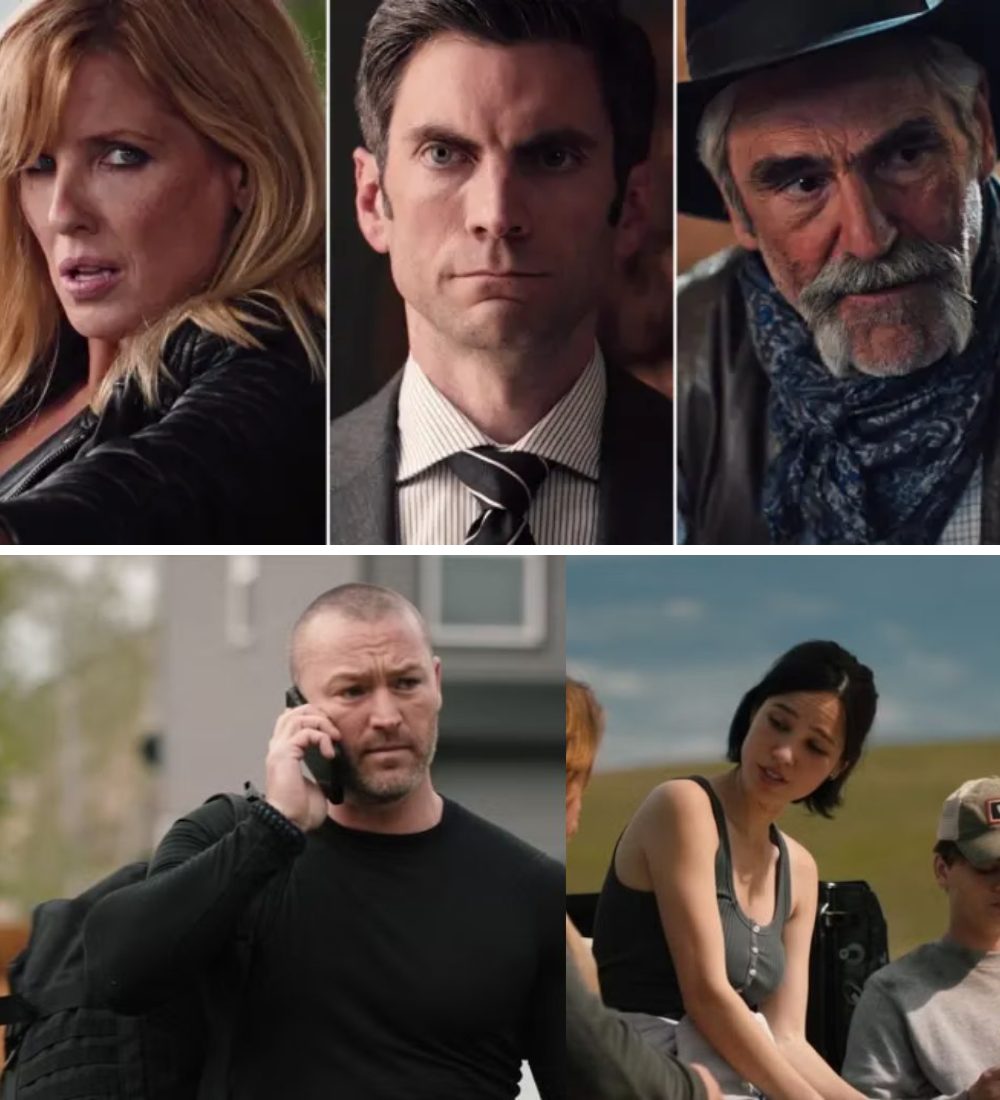Harry Potter creator J.K. Rowling’s anti-transgender rhetoric has not only divided the books’ and movies’ community; it’s also fractured her relationship with star Daniel Radcliffe, who has become a vocal supporter of LGBTQ rights.
Radcliffe made a couple of rare comments about Rowling and her continued comments against trans women in a new interview with The Atlantic, telling the publication that the entire situation makes him “really sad, ultimately.”
“Because I do look at the person that I met, the times that we met, and the books that she wrote, and the world that she created, and all of that is to me so deeply empathic,” Radcliffe said.
Radcliffe’s comments come after Rowling recently wrote on X/Twitter that she wouldn’t forgive Radcliffe and fellow Harry Potter star Emma Watson for their support of trans rights: “Celebs who cozied up to a movement intent on eroding women’s hard-won rights and who used their platforms to cheer on the transitioning of minors can save their apologies for traumatized detransition and vulnerable women reliant on single 𝓈ℯ𝓍 spaces,” she wrote on April 10.

Radcliffe also revealed during The Atlantic interview that he hasn’t had direct contact with Rowling since June 2020, when her anti-transgender tweets began. Since then, Rowling has continued to slam trans activists, claiming they undermine the feminist movement, and has described herself as a TERF (Trans-Exclusionary Radical Feminist).
Back in 2020, Radcliffe released a statement in support of trans rights via The Trevor Project, a nonprofit dedicated to suicide prevention of LGBTQ individuals.
“Transgender women are women,” he wrote in his statement at the time. “Any statement to the contrary erases the identity and dignity of transgender people and goes against all advice given by professional health care associations who have far more expertise on this subject matter than either [Rowling] or I.”
Radcliffe looked back on the statement in his interview with The Atlantic, saying he’d worked with The Trevor Project for 12 years and “it would have seemed like, I don’t know, immense cowardice to me to not say something.”





